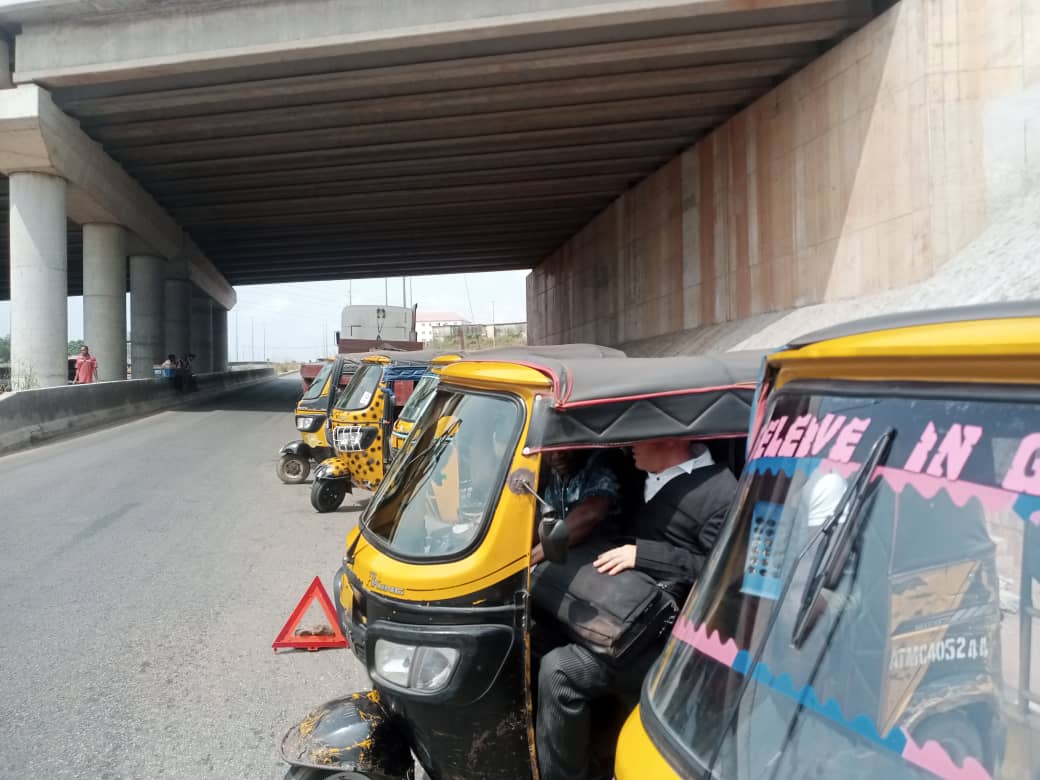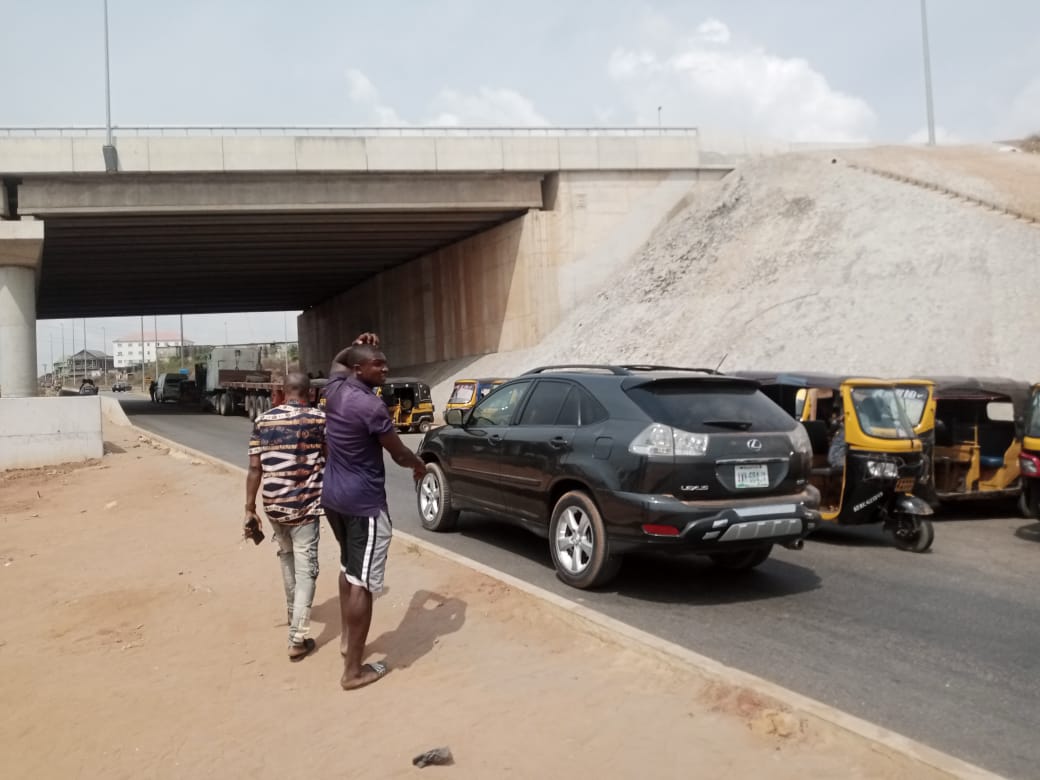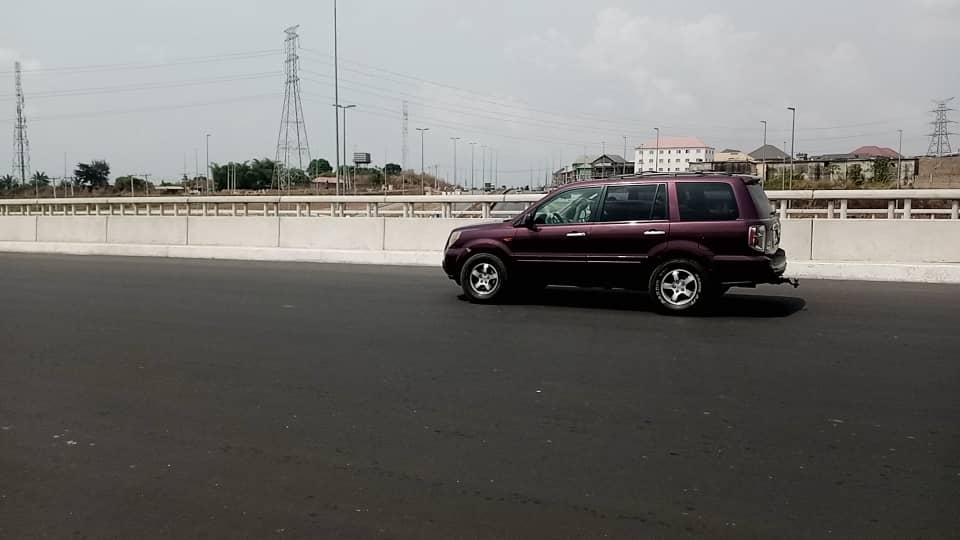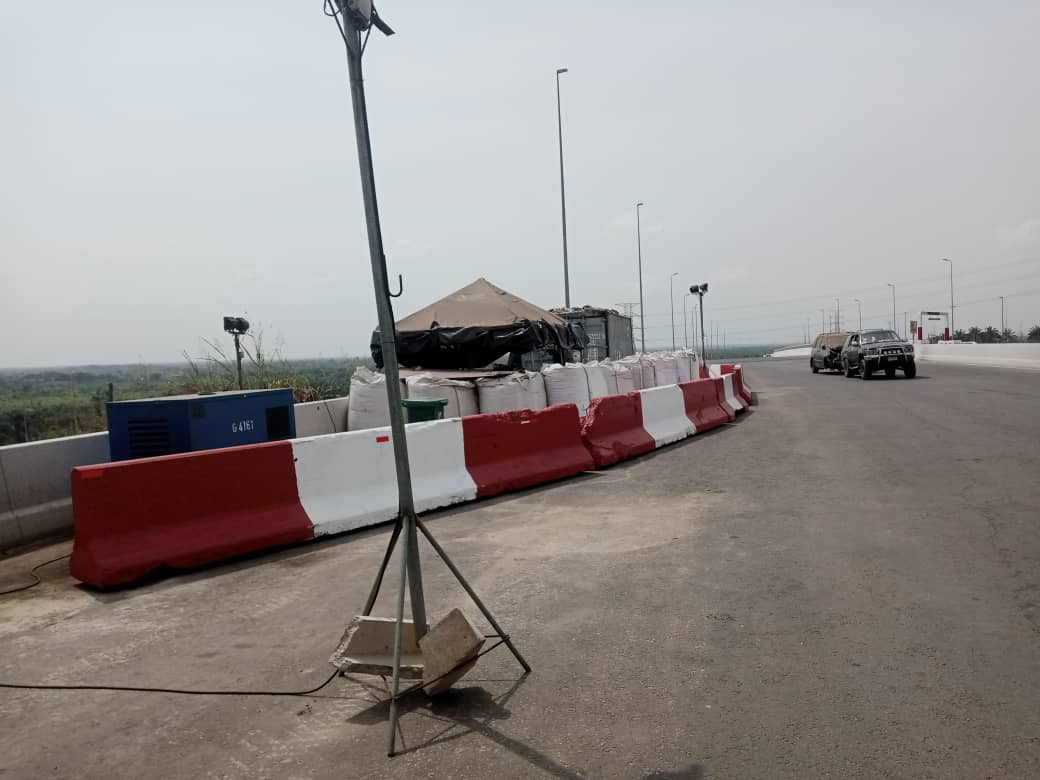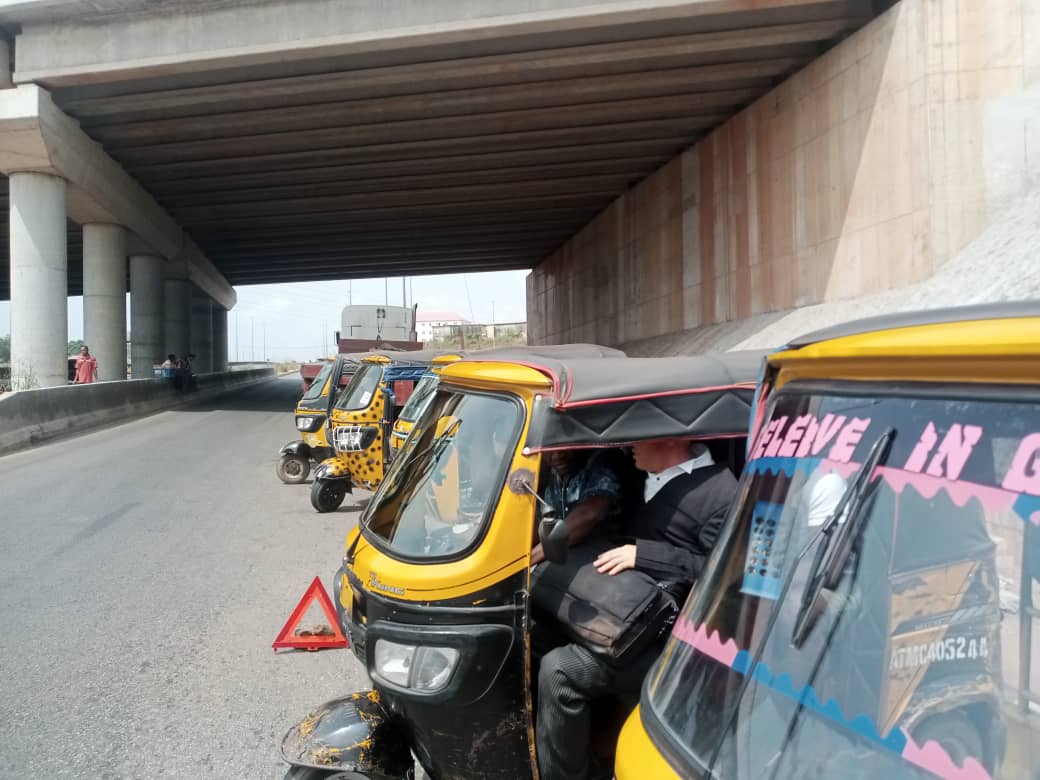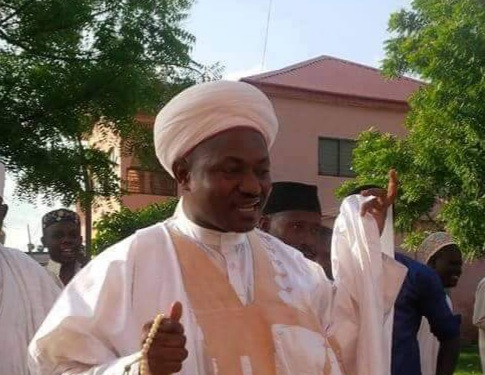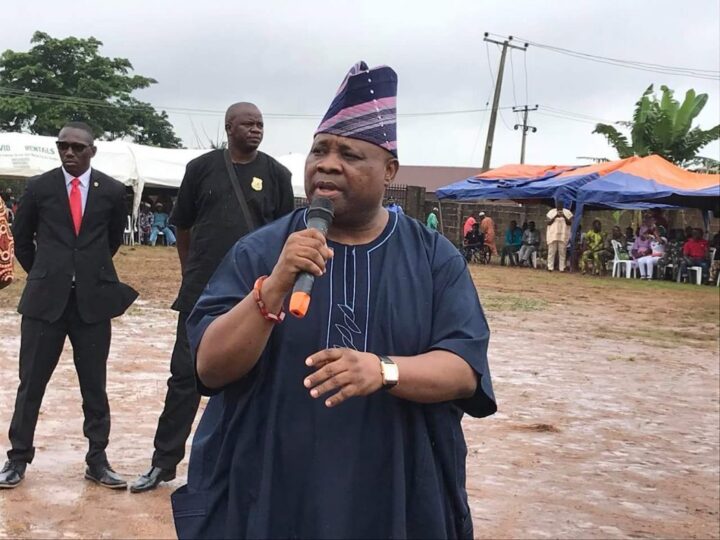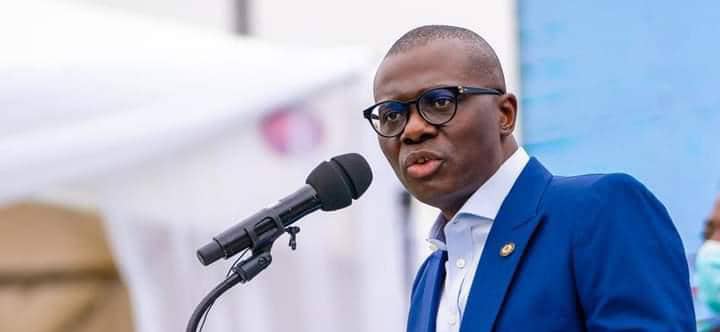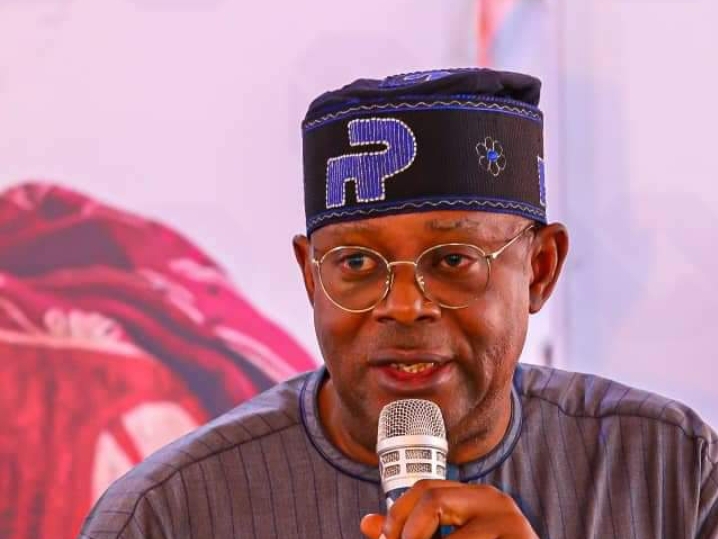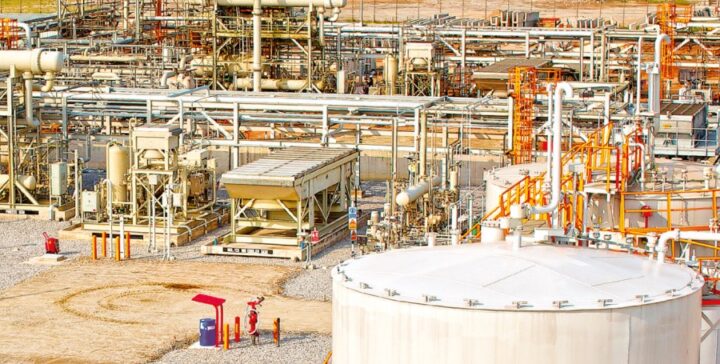The Second Niger Bridge has been opened to vehicular movement, in line with the federal government’s plan to ease traffic in the south-east during the festive season.
The bridge was officially opened on Thursday at midnight, but commuters didn’t start plying the route till about 9am.
When TheCable visited, Kufre Sunday, a tricycle driver from Akwa Ibom state, described the bridge as “attractive”.
“This road is very encouraging. It is going to reduce road accidents. The travellers will enjoy it. It is a welcome development. The government has done very well,” Kufre said.
Advertisement
Albert Ugo, another motorist, thanked the president for contracting a “reputable construction company” to undertake the road project.
The bridge, he said, will boost the economy of the geopolitical zone.
Ifechukwu Emmanuel, a passenger from Anambra, said although he is a strong critic of President Muhammadu Buhari’s government, he cannot deny the “good work” done on the bridge.
Advertisement
“It will be very unfair to criticise a good work. The president has done well in this aspect. I don’t want to know how long they have been on this project. The most important thing is that we now have a new brand Second Niger Bridge,” he said.
“I urge the president to also look into the issue of insecurity and hunger in the land. This place is no longer safe for anyone.”
Advertisement
Babatunde Fashola, minister of works and housing, had earlier said the bridge will be put to use for one month during the yuletide.
The minister said the bridge would be closed to traffic on January 15, 2023.
“Sometimes, it just takes this to cross the bridge because the road bridge has been outgrown by our population and our economic signs. So a lot of people have talked about the solution but the Buhari administration decided to implement one, which is to build the bridge, whatever it took,” he said.
“So wherever the funds came from investments, income, from our oil assets, repatriations of some oil assets that were stolen which came in from the US. The result is now what we see.”
Advertisement
Add a comment
